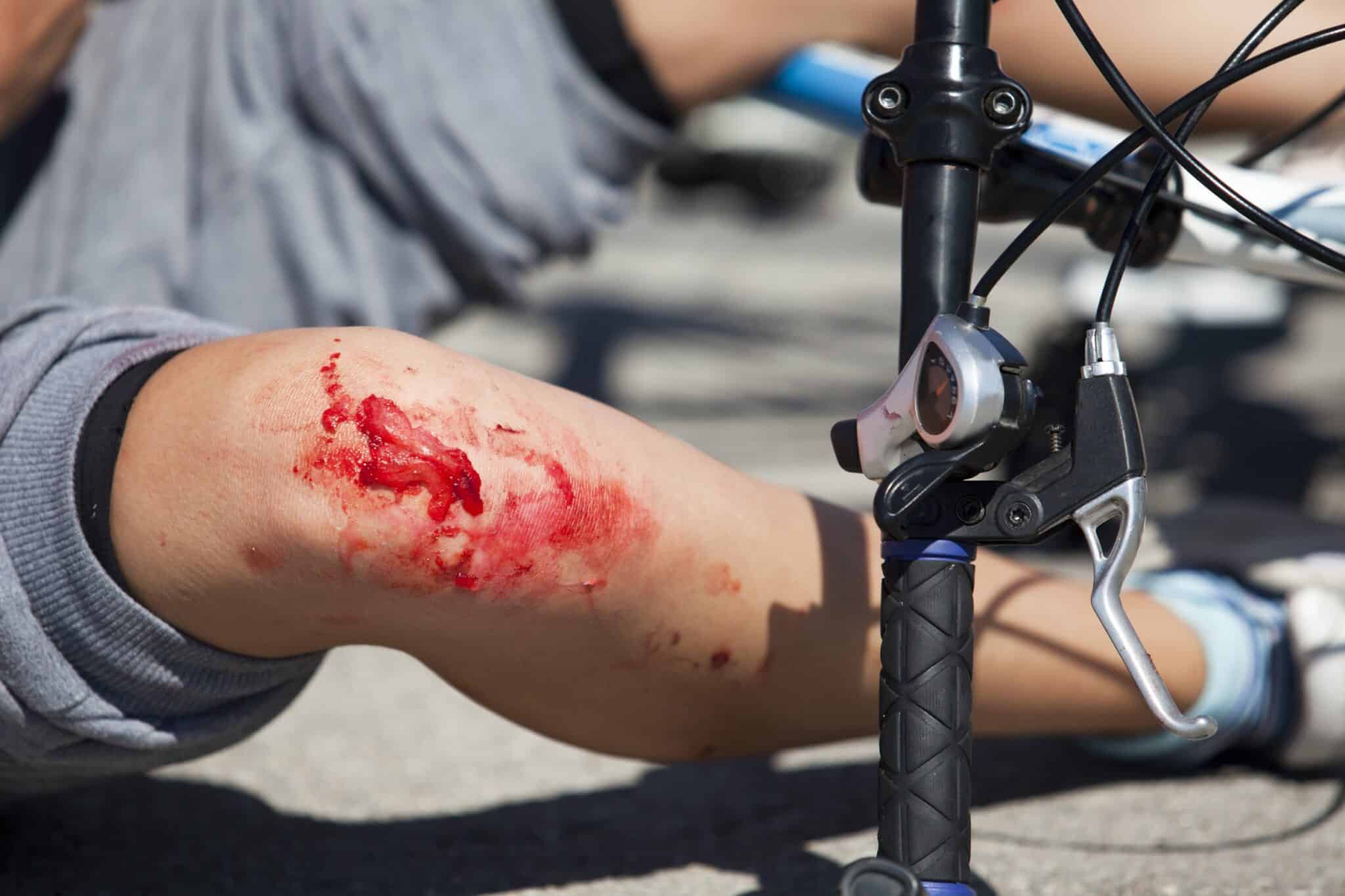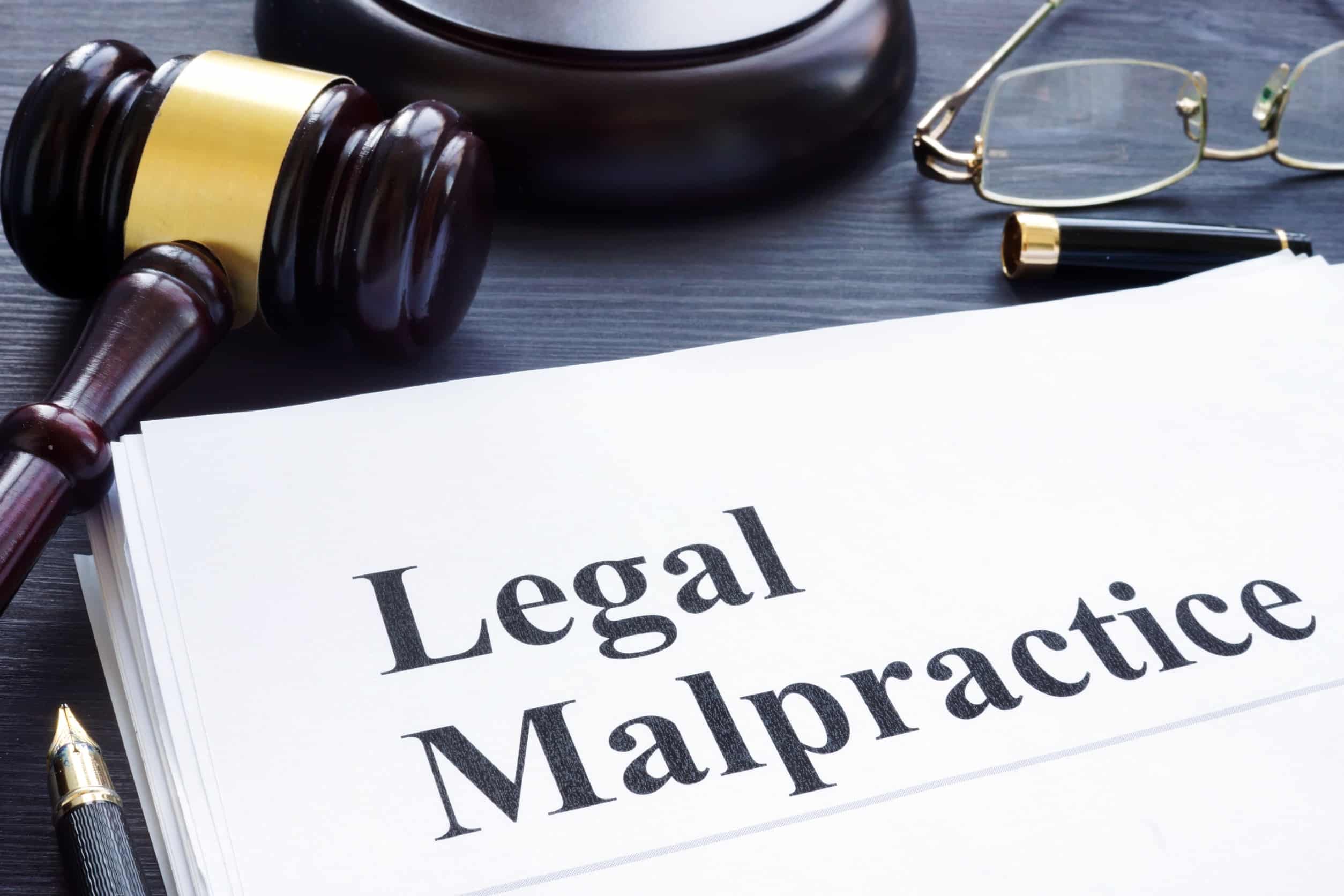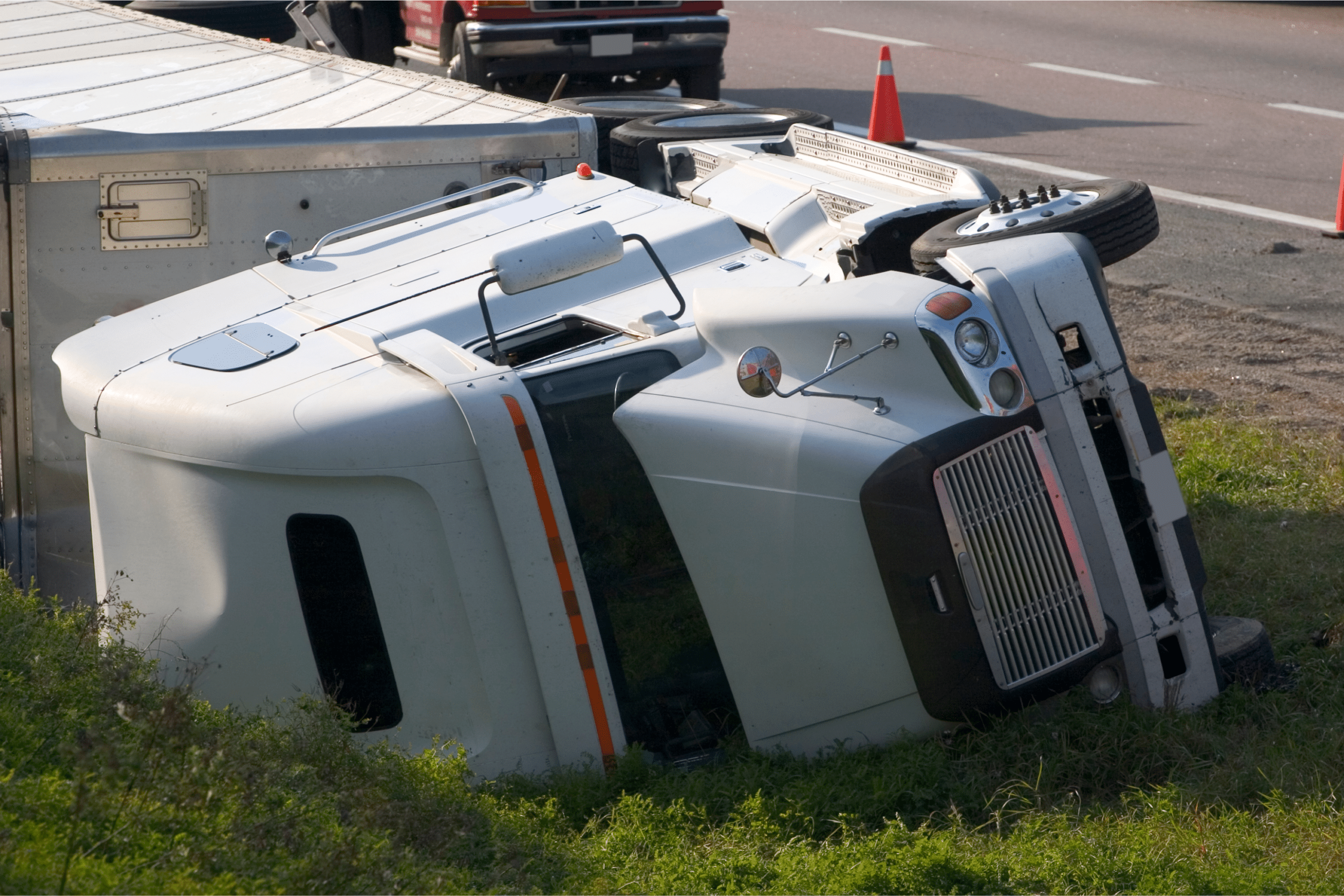Summer is around the corner, and it’s time to start thinking about where your child will go when school lets out. Camps are a great place for children to make friends, try out new activities, and have fun while you are working – but are they safe?
Unfortunately, accidents can happen even at the safest summer camps, but untrained staff, poorly planned activities, and hazardous facilities can skyrocket the chances of an injury or accident this summer.
Take precautionary measures to make sure your child is going to a safe place – and that they know what to do in case of an accident.
How?
Research the Camp Beforehand
What do you know about the camp that you are sending your child to this summer?
You might know the itinerary, location, and a little bit about the facilities, but doing further research (and asking the right questions) might help you see red flags.
This research is especially important for camps that last more than two weeks – research shows these camps come with higher risks of injuries.
Ask About Accreditation
First, check if the camp is accredited by the American Camp Association (ACA). The ACA sets health and safety standards for camps throughout the United States, and educates directors and staff about meeting those standards.
In order to get an accreditation, a team from the ACA has to observe the camp and make sure they meet over 290 qualifications and standards.
Ask about a camp’s relationship with the ACA. Are they accredited? Were they ever accredited? What happened? If the camp has failed to meet certain standards, they might not be able to provide the right level of safety for your child.
Talk to Staff
The staff at the camp are going to be directly helping your child if they get into an accident at camp. If you don’t feel comfortable with them, you should cross the camp off your list – stat.
Before you enroll, ask the staff a few questions about the safety and standards of their program. Don’t forget these important questions:
- What is the staff-to-camper ratio?
- Who is the director of the camp, and how long have they been serving in this position?
- What is their background?
- How old are the staff members that work directly with the campers?
- What is the policy on dealing with bad behavior?
- What is the policy on dealing with injuries and emergencies?
If staff members cannot answer these questions confidently or give you information that makes you feel comfortable, you might want to consider another camp.
Read Testimonials
Reviews and references are some of the best ways to truly learn about a camper’s experience. Reach out to teachers, neighbors, or other people in the community who have sent their child to camps in your area.
If they had a bad experience, or know someone that has, investigate. Staff and camp websites are unlikely to report on bad experiences with illness and injuries, but local parents will have your back.
Talk To Your Children About Safety
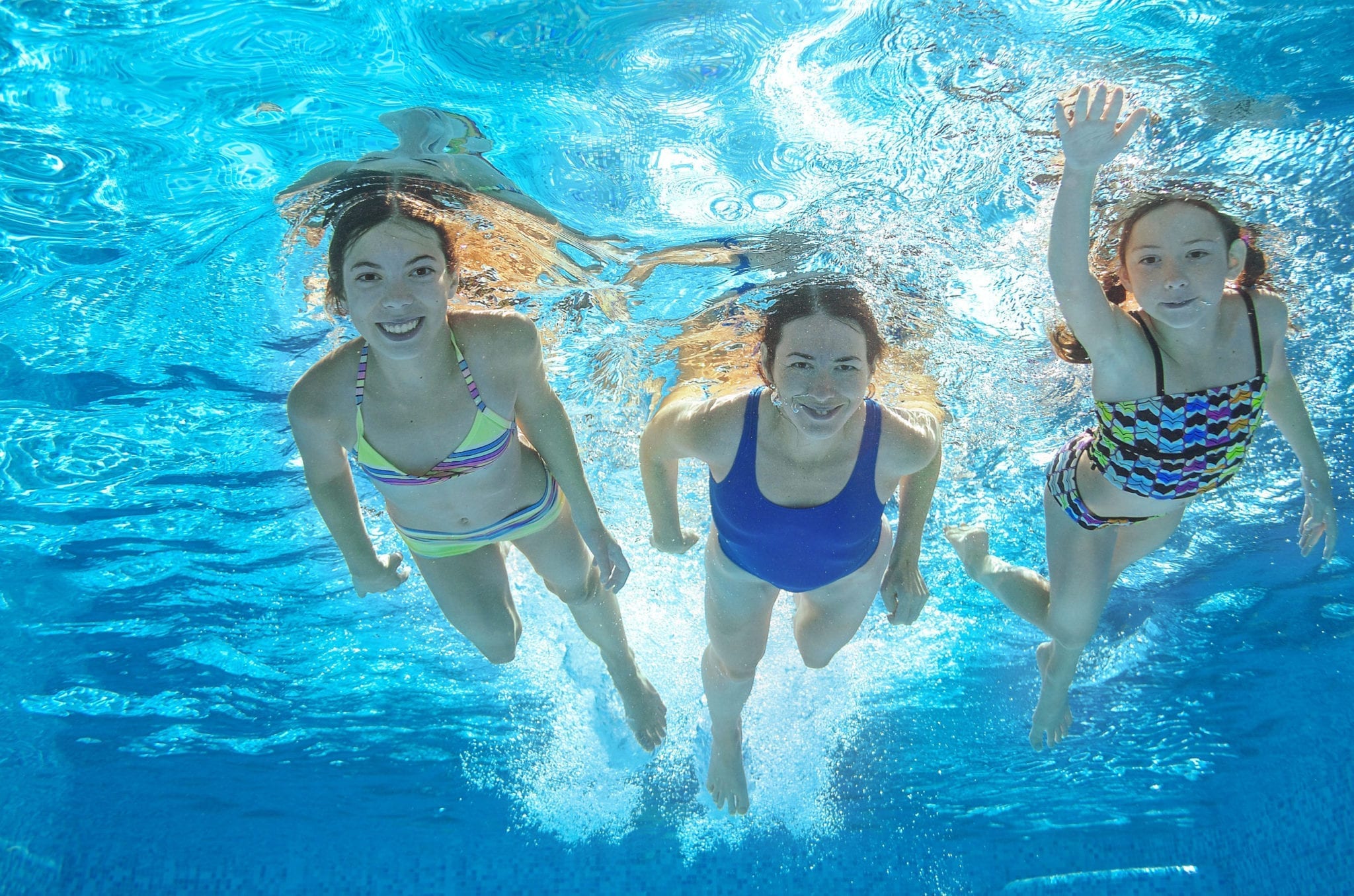
So, you’ve chosen a summer camp that fits ACA standards and checks out for safety. However, accidents still happen – even when there are plenty of staff around and facilities are up-to-date. Talk to your child about how to prevent an accident and what they should do if they are injured.
Swimming and Biking
If your child doesn’t know how to swim, dive, or ride a bike, it might be time to teach them. Otherwise, talk to your child about the importance of refraining from these activities to stay safe.
Children may feel the pressure from peers, or not understand the consequences of swimming without knowing how, unless you talk to them first.
Packing the Backpack
Make it a pre-camp activity to pack a set of health and safety items in your child’s backpack with them. Be sure to include these things at a minimum:
- First aid kit
- Hand sanitizer
- Sunscreen
- Medication or Epipen
- Inhaler
- Proper footwear
Let your child know what each item is, what it’s for, how to use it, and when they should. Ask them if they have any questions, and make it fun by quizzing them so you can be sure they know what to do when you’re not around.
Understand the Camp’s Liability Policy
Kids will be kids, and that’s why they need adults to supervise them during the day. If your child does injure themselves, however, it might be difficult to tell who’s “at fault” for the injury.
Summer camps may lay their policies regarding fault and liability out in the paperwork that you sign before you enroll your child at camp. Read these policies to know when you can or cannot take legal action against a camp.
Negligent staff and preventable hazards should be held accountable for their contribution to a child’s injuries and medical bills, but when a contract you signed says you can’t file a claim, you might find yourself out of luck.
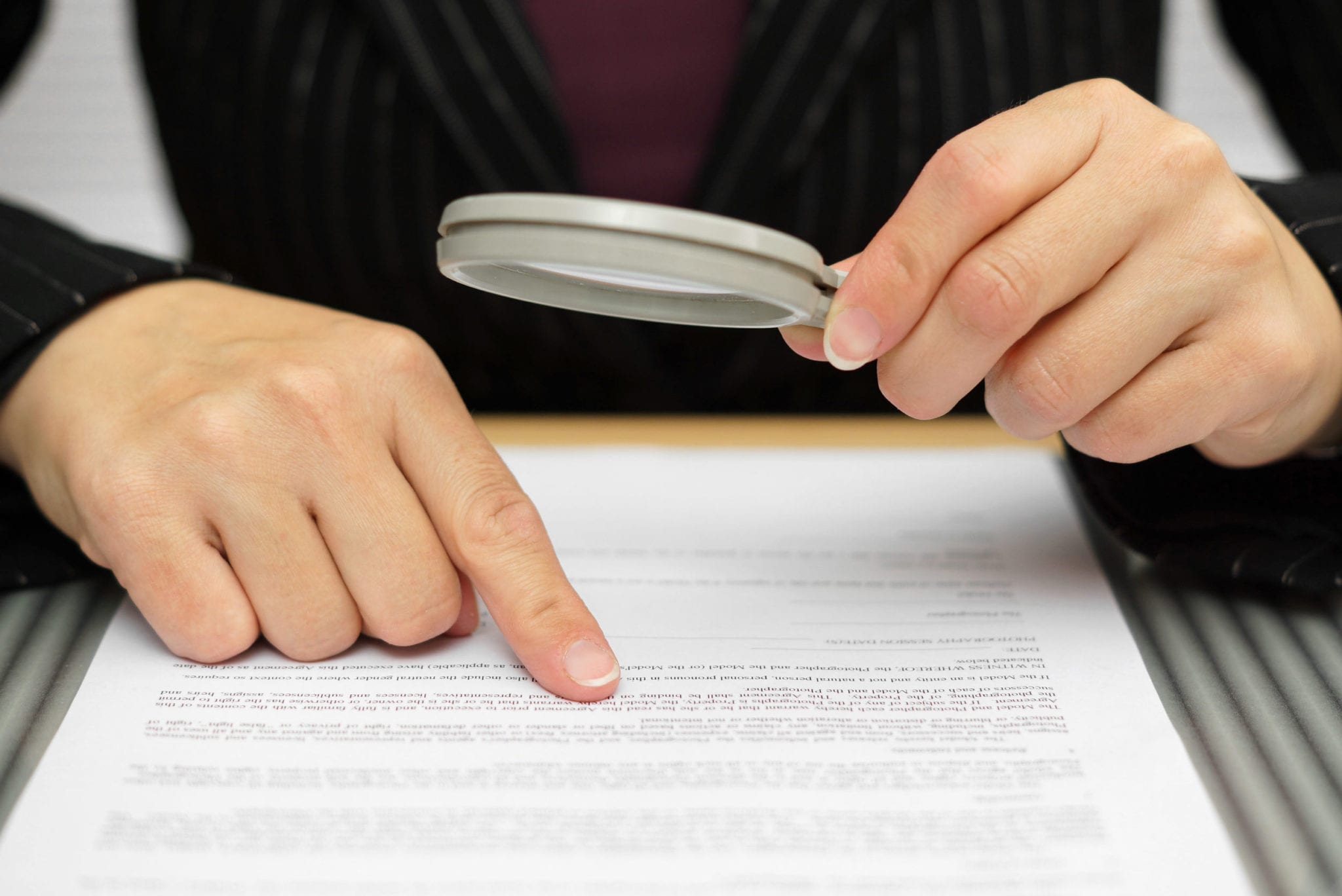
Talk to a personal injury lawyer about whether or not your child’s summer camp really has campers’ best interests in mind.
Enjoy this summer break, and stay safe!
About the Author:
Andrew Winston is a partner at the personal injury law firm of Winston Law. For over 20 years, he has successfully represented countless people in all kinds of personal injury cases, with a particular focus on child injury, legal malpractice, and premises liability. He has been recognized for excellence in the representation of injured clients by admission to the Million Dollar Advocates Forum, is AV Preeminent Rated by the Martindale-Hubbell Law Directory, enjoys a 10.0 rating by AVVO as a Top Personal Injury Attorney, has been selected as a Florida “SuperLawyer” from 2011-2017 – an honor reserved for the top 5% of lawyers in the state – and was voted to Florida Trend’s ”Legal Elite” and as one of the Top 100 Lawyers in Florida and one of the Top 100 Lawyers in the Miami area for 2015, 2016, and 2017.
 What You Need to Know about Florida Dog Bite Laws
What You Need to Know about Florida Dog Bite Laws 

